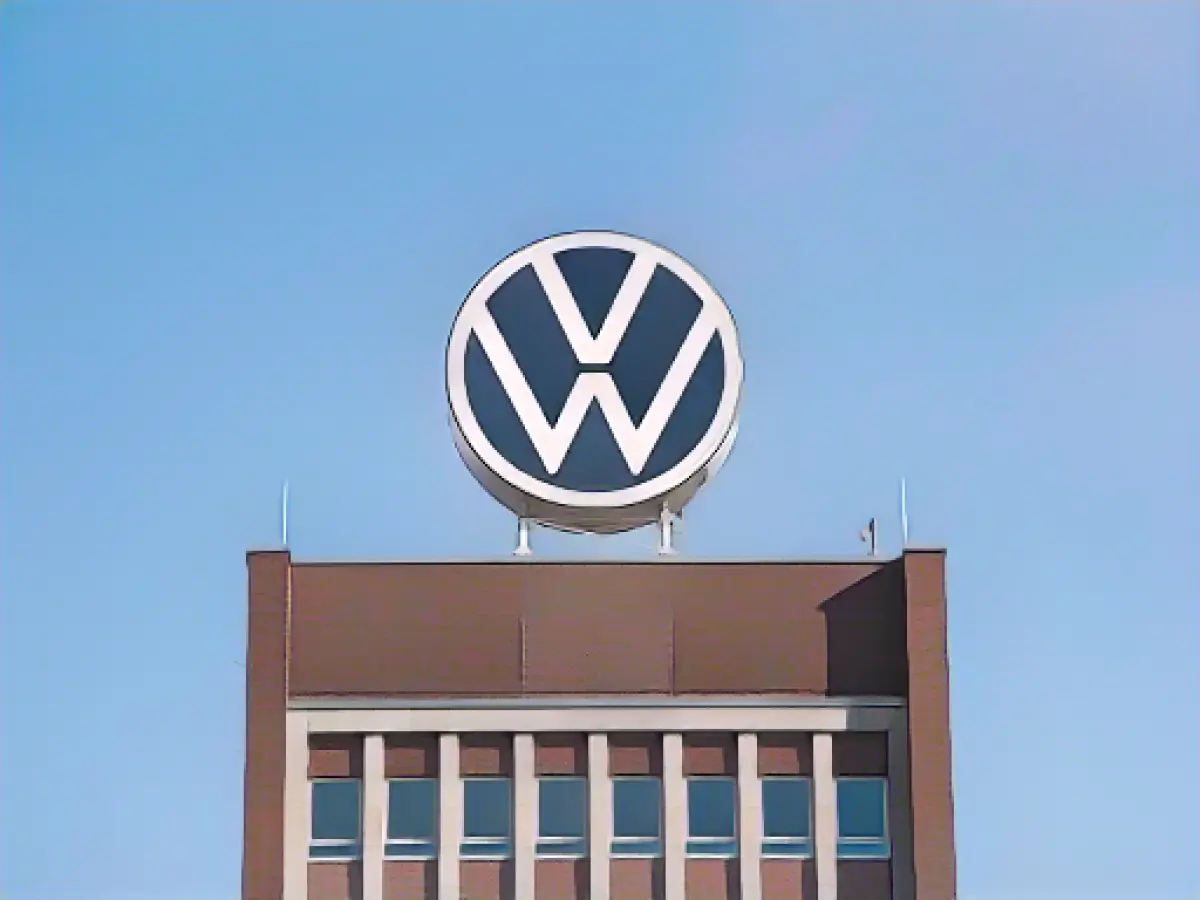Volkswagen Tackles Excessive Costs with Major Overhaul
Volkswagen is on a mission to slash costs and improve profits, with a particular focus on their core brand, VW Passenger Cars. The German automaker intends to achieve this objective by slashing personnel costs in their administrative sector by an impressive one-fifth, according to internal discussions with Gunnar Kilian, the Group Board Member for Human Resources, and brand boss Thomas Schäfer.
The Wölfsburg-based firm's administrative apparatus boasts around 40,000 office employees across the brand and Group. However, it's crucial to emphasize that the company is not aiming to merely reduce the number of heads but rather address excessive administrative costs. A Group spokesperson reiterated this point, stressing that all costs are under scrutiny and that the plan does not mandate a blanket reduction in employees.
Details regarding the cost-saving program are still elusive, as negotiations with employee representatives carry on into next year. Despite the lack of specifics, it's clear that Volkswagen is taking a comprehensive approach.
Volkswagen's Cost-Cutting Strategy in Detail
The company is intent on strengthening the financial performance of their low-profit core brand by implementing various cost-saving measures. Some of these strategies involve:
- Reducing job numbers: Beyond the 35,000 reductions already agreed upon, Volkswagen plans to further decrease personnel costs by 32% in the so-called indirect areas, and introduce a modern remuneration system.
- Wage reductions: The outfit has agreed to slash collective wages by 6%, effective January 2027. Any future wage increases for employees will be counteracted by offsetting these against their vested rights up until 2030.
- Elimination of holiday allowance: To prevent mass resignations, Volkswagen has replaced the holiday allowance with an "IG Metall membership bonus."
- Streamlined operations: The car manufacturer is working to streamline its operations across the entire model portfolio, implementing modern production processes, and introducing new technologies at the Wolfsburg plant – the hub for all-electric compact cars.
- Capacity cuts: Volkswagen plans to wind down generation at sites in Dresden and Osnabrück by 2025 and 2027, respectively. Meanwhile, the Zwickau factory, a hub for electric vehicle production, will undergo scaling back, but with the prospect of new investment in a recycling facility, subject to meeting cost targets.
- Encourage voluntary departures: Voluntary departures are encouraged to manage workforce reductions, with the intention of avoiding downsizing until 2030.
- Individual factory targets: Each factory has been assigned specific cost reduction objectives, with collaborative teams overseeing implementation. Progress will be monitored thoroughly, and discussions for possible negotiations may ensue if targets are not met.
By enacting these strategies, Volkswagen aims to boost productivity, lower fixed expenses, and bolster its competitiveness in the dynamic automotive market.






